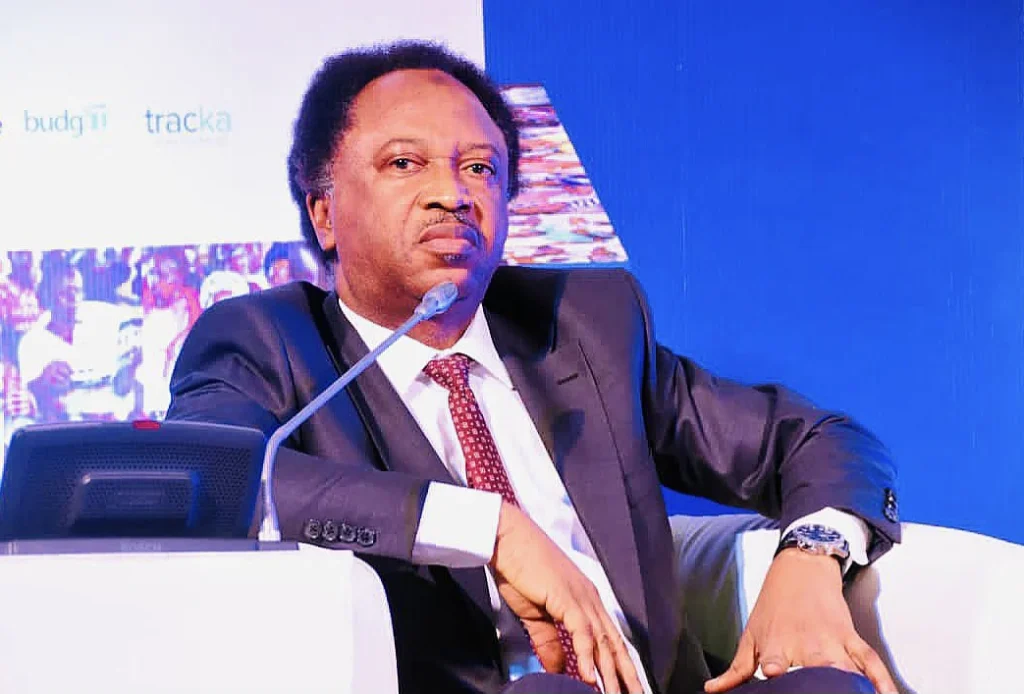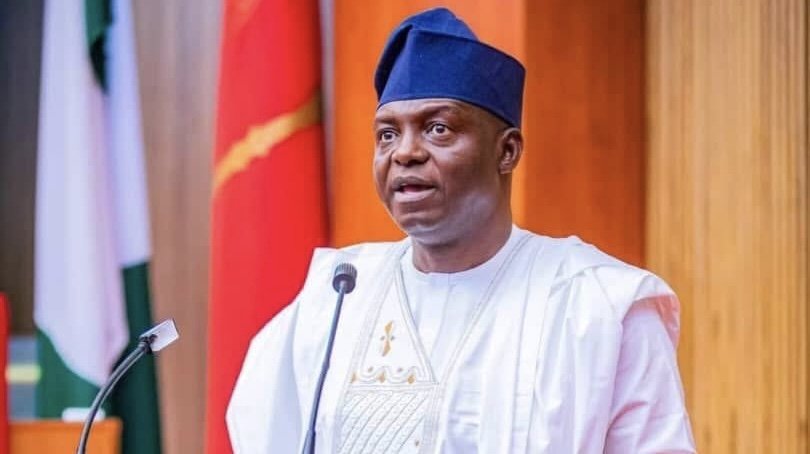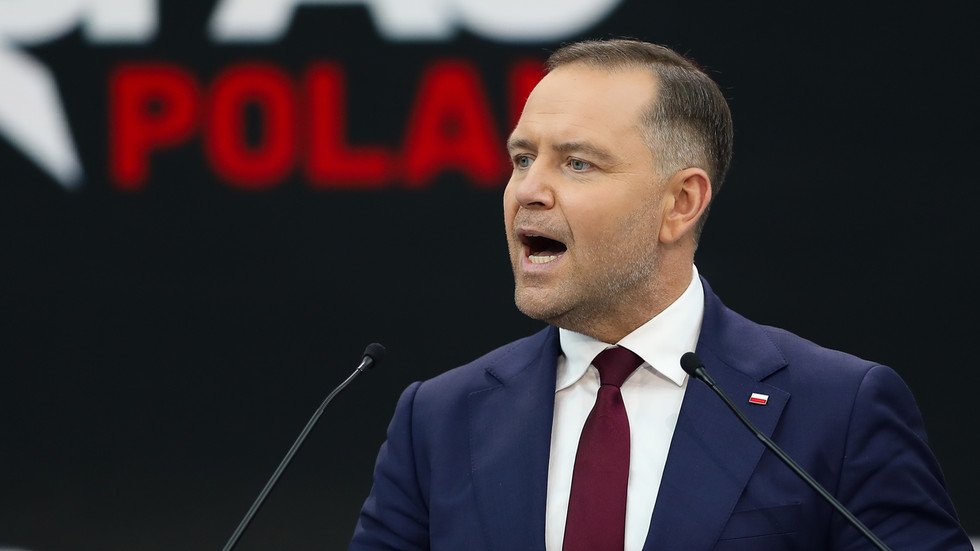The Abia State government has attributed delays in completing its ambitious healthcare renovation initiative, “Project Ekwueme,” to an expanded scope that includes staff housing for round-the-clock services. During his monthly media briefing in Umuahia, Governor Alex Otti explained that integrating residential facilities into 200 Primary Healthcare Centres (PHCs) across the state’s 17 local government areas extended the original four-month timeline. The project, now covering five LGAs, has fully refurbished 120 PHCs, with the remaining 80 progressing. Meanwhile, key hospitals—including Obingwa, Abayi Aba Cottage Hospital, and Umunnato General Hospital, slated for specialist status—are undergoing upgrades to bolster healthcare access for residents. Over 101,000 citizens have enrolled in the state’s health insurance scheme so far.
In education, authorities are addressing infrastructure strains caused by free primary education, rehabilitating 221 schools across three levels. A newly completed “smart school” in Umuahia and 61 others under construction aim to modernize learning environments. The recruitment of 5,394 teachers, alongside reshuffling of existing staff, targets overcrowding and educational quality. Tertiary institutions also saw major updates: Ogbonnaya Onu Polytechnic secured a N2 billion TETFUND grant for technology-driven courses, while Abia State University’s overhaul includes new hostels, a 15MW power plant, and accreditation-driven upgrades.
Infrastructure developments remain a priority despite seasonal rains hindering road repairs. Fifty roads are being fixed through direct labor, while contracts cover 30 others. A N150 billion supplementary budget accelerates urban projects in Aba, Umuahia, and Ohafia, including four near-complete bus terminals. Plans to transition Umuahia and neighboring areas from Enugu Disco to state-managed electricity aim to stabilize power supply, complemented by solar installations to enhance public safety and economic activity.
Youth-focused initiatives, such as the TechRise program and cooperative funding, emphasize skills development over cash handouts, aligning with broader efforts to reduce unemployment. Environmental campaigns encourage tree planting to support urban beautification. Governor Otti affirmed that these interlinked projects—spanning healthcare, education, infrastructure, and sustainability—aim to position Abia as a model for subnational development in Nigeria.



